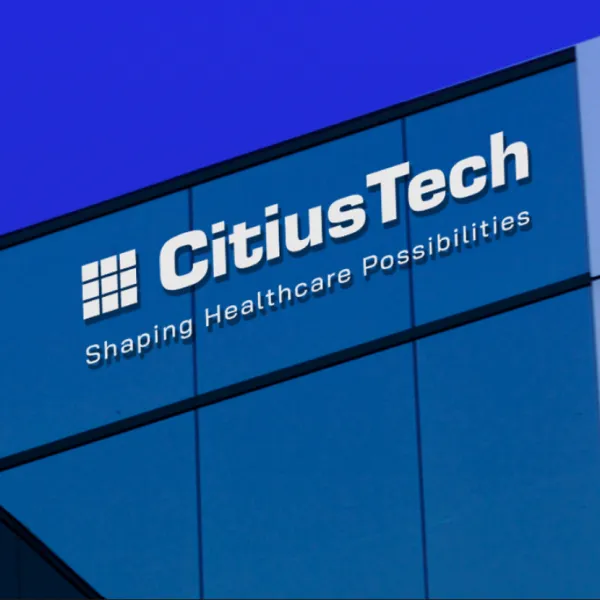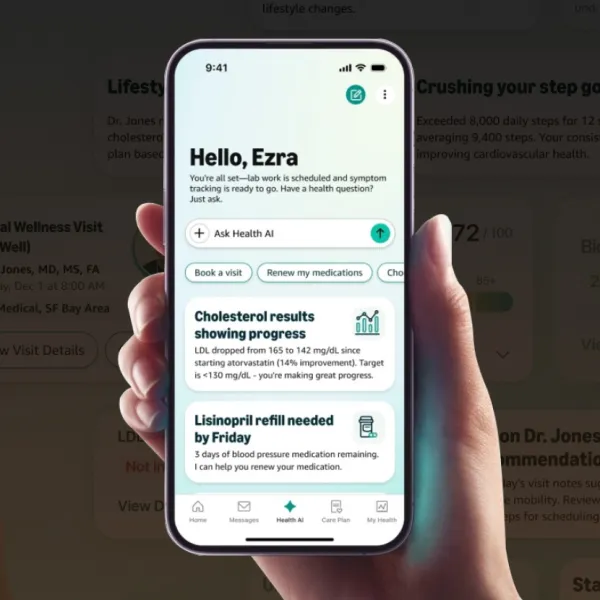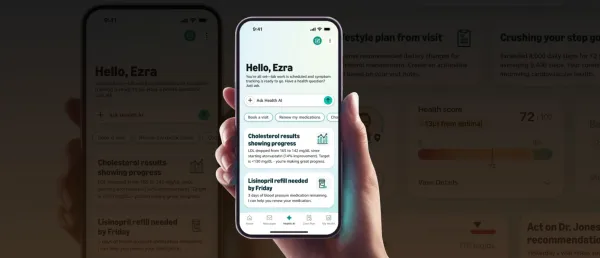Microsoft Partners with 16 Global Health Systems to Set Up TRAIN

With a focus on enhancing patient outcomes and fostering confidence in AI technologies, the initiative sets forth best practices and standards for AI implementation in healthcare.
Global technology giant Microsoft has joined hands with 16 leading health systems and other industry players across the world to establish the Trustworthy & Responsible AI Network (TRAIN).
TRAIN, a consortium of healthcare leaders, aims to set forth best practices and standards for the implementation of AI in healthcare, with a focus on enhancing patient outcomes and fostering trust in AI technologies.
This strategic move is a collaborative effort among healthcare providers and technology organizations to ensure the responsible adoption of AI in patient care.
According to a joint announcement, the alliance recognizes the potential of AI technologies to streamline administrative tasks, improve care delivery, and reduce costs.
However, it underscores the need for rigorous development and evaluation standards to uphold the integrity and reliability of AI-driven solutions.
Sharing thoughts, David Rhew, MD, global CMO & VP, healthcare, Microsoft, said, "By working together, TRAIN members aim to establish best practices for operationalizing responsible AI, helping improve patient outcomes and safety while fostering trust in healthcare AI.”
Founding Members & Collaborative Approach
TRAIN comprises significant health systems such as Mercy, Mass General Brigham, Providence, Cleveland Clinic, and AdventHealth.
Additionally, the collaboration extends its reach to include OCHIN, a nonprofit tech provider serving community health organizations, and revenue cycle management software company TruBridge.
This inclusive approach aims to ensure accessibility to the benefits of TRAIN for healthcare organizations across different resource levels.
Of note, many of TRAIN's founding members were previously engaged in the Coalition for Health AI (CHAI), a healthcare AI stakeholder group.
Further, TRAIN intends to build upon CHAI's work by operationalizing its principles for trustworthy healthcare AI, thus leveraging existing frameworks and expertise in the field.
The Consortium’s Key Focuses
TRAIN outlined several key focus areas and objectives to guide its initiatives. These include sharing best practices for algorithm safety, reliability, and monitoring and facilitating the registration of clinical AI through a secure online portal.
Additionally, the alliance aims to develop a federated national AI outcomes registry and provide tools to assess AI outcomes at a subpopulation level.
On the collaboration, Rohit Chandra, Ph.D, chief digital officer, Cleveland Clinic said,"The thoughtful implementation of AI has the potential to transform healthcare, allowing us to reach more patients and provide safer care with a higher-quality experience. However, we must be careful about bringing AI into clinical practice.’’
According to him, health systems must come together in organizations such as TRAIN to share best practices and align on responsible and safe uses of AI.
The formation of TRAIN adds to a growing number of industry-led initiatives to address the challenges and opportunities associated with AI in healthcare.
For instance, VALID AI, launched last fall, shares similar objectives of establishing common standards and aggregating research on AI implementation.
With over 30 founding partners, including health systems, health plans, and professional groups, VALID AI underscores the industry's focus on advancing AI technologies responsibly and ethically.
Stay tuned for more such updates on Digital Health News































